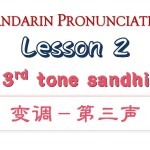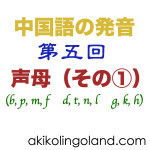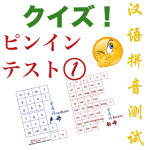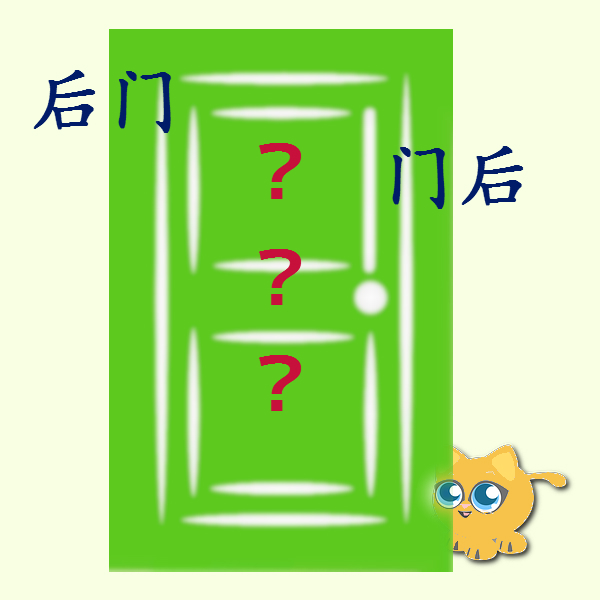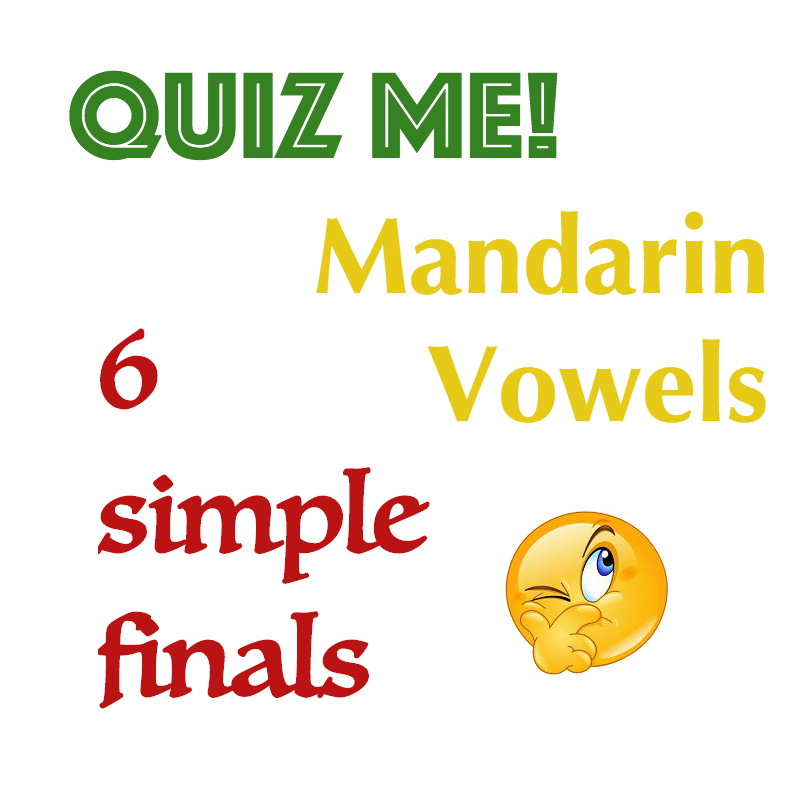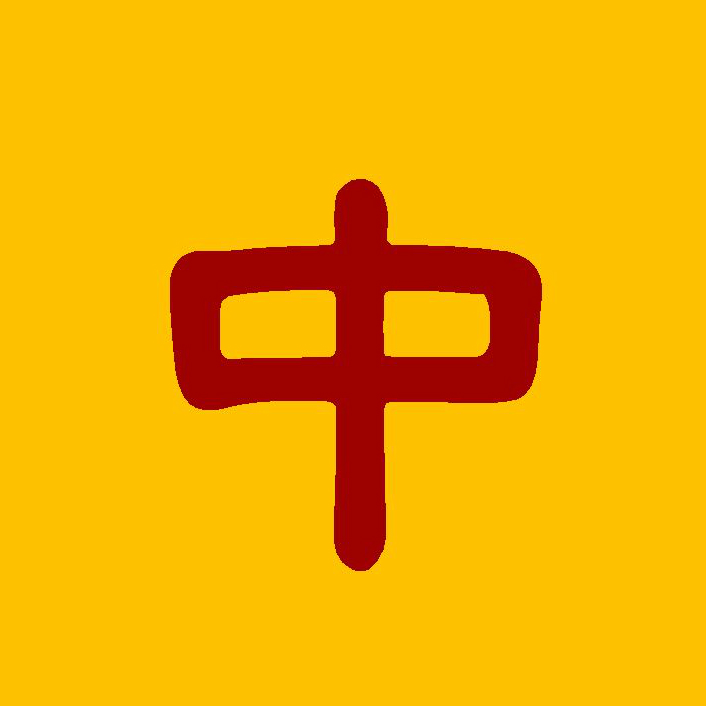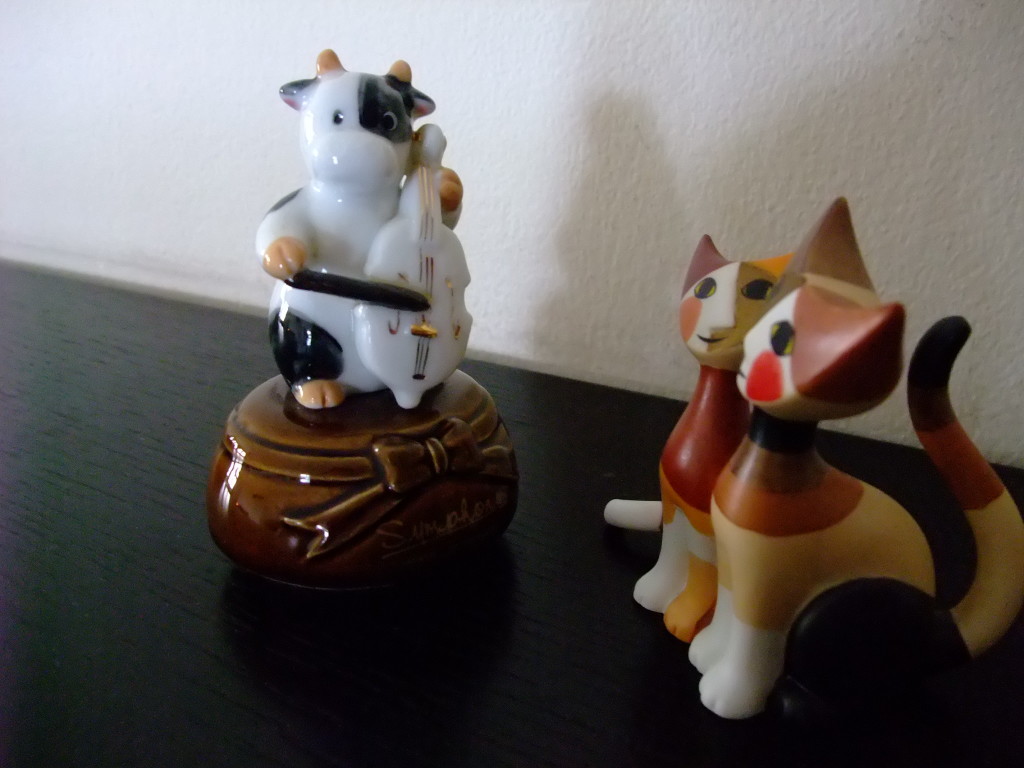How to Say Yes and No in Mandarin
How do you say Yes and No in Mandarin? You might think it’s a simple question, but the answer might not be so!
There is no simple translation for Yes and No in Mandarin. Depending on the situation and the question, the way we say Yes and No also changes. In most cases, when the question is a Yes/No question, whereby the asker wants to know is it A or not A, then the way we answer usually just copying the question and making it into an answer. Easy peasy!
①
Q:
Nǐ míngtiān lái ma?
你明天来吗?
你明天来吗
Are you coming tomorrow?
A:
Lái./ Bù lái.
来。/ 不来。
来/ 不来
Coming./ Not coming.
The question is about whether you are coming or not coming, so you simply say so – coming, or not coming.
Of course, depending on what you want to emphasise, you can lengthen the answer.
A:
Wǒ lái./ Míngtiān lái./ Wǒ míngtiān lái.
我来。/ 明天来。/ 我明天来。
我来/ 我来/ 我明天来
I’m coming./ Coming tomorrow./ I’m coming tomorrow.
A:
Wǒ bù lái./ Míngtiān bù lái./ Wǒ míngtiān bù lái.
我不来。/ 明天不来。/ 我明天不来。
我不来/ 明天不来/ 我明天不来
I’m not coming./ Not coming tomorrow./ I’m not coming tomorrow.
Here’s more.
②
Q:
Nǐ de shǒujī guì ma?
你的手机贵吗?
你的手机贵吗
Is your mobile expensive?
A:
Guì./ Bú guì.
贵。/ 不贵。
贵/ 不贵
Expensive./ Not expensive.
③
Q:
Wǒ kěyǐ zǒu le ma?
我可以走了吗?
我可以走了吗
May I leave now?
A:
Kěyǐ./ Bú kěyǐ.
可以。/ 不可以。
可以/ 不可以
(You) may./ (You) may not.
So in essence, you use the question as a template and simply insert the answer.
But perhaps you are still intent in finding that simple Yes and No. How can there be none?
And you’re right, we could say there is…
‘Yes’ could be是 shì
and ‘No’ could be不 bù
Now how to use them? Back to our examples above.
①a
Q:
Nǐ míngtiān lái ma?
你明天来吗?
你明天来吗
Are you coming tomorrow?
A:
Shì, wǒ lái./ Shì, míngtiān lái./ Shì, wǒ míngtiān lái.
是,我来。/ 是,明天来。/ 是,我明天来。
是我来/ 是明天来/ 是我明天来
Yes, I’m coming./ Yes, coming tomorrow./ Yes, I’m coming tomorrow.
A:
Bù, wǒ bù lái./ Bù, míngtiān bù lái./ Bù, wǒ míngtiān bù lái.
不,我不来。/ 不,明天不来。/ 不,我明天不来。
不我不来/ 不明天不来/ 不我明天不来
No, I’m not coming./ No, not coming tomorrow./ No, I’m not coming tomorrow.
So you can simply add 是 shì or 不 bù in front. But things might not always work out that well.
Let’s look at ② and ③ again, and insert 是 shì and 不 bù to the answers.
②a
Q:
Nǐ de shǒujī guì ma?
你的手机贵吗?
你的手机贵吗
Is your mobile expensive?
A:
Shì, hěn guì./ Bù, bú guì.
是,很贵。/ 不,不贵。
是很贵/ 不不贵
Yes, expensive./ No, not expensive.
③a
Q:
Wǒ kěyǐ zǒu le ma?
我可以走了吗?
我可以走了吗
May I leave now?
A:
Shì, kěyǐ./ Bù, bù kěyǐ.
是,可以。/ 不,不可以。
是可以/ 不不可以
Yes, (you) may./ No, (you) may not.
You must be thinking, it is straightforward! Well, to some extent…
For the negative 不 bù it sounds very natural, but for the positive, when you add 是 shì in front, in some cases, it might come across slightly weird. This is because 是 shì means ‘is’, as in, A is B, so when you put it in front, you may sound like you are trying to emphasise something.
So, say, I am asking a simple question (without thinking much or wanting more details) – 你的手机贵吗? Nǐ de shǒujī guì ma? Is your mobile phone expensive? And your response is 是,很贵。Shì, hěn guì. It might sound like you are trying to offer more information, having the effect of perhaps something like, ‘Oh yes, it is indeed very expensive!’
This may seem like over-explaining. Slight nuances are not easy to understand, but the take-away here is that, in many cases, when the question is a Yes/No question, it is often enough to just echo the question template and insert your answer.
But yes indeed, there are cases whereby being a copy cat does not work. You have to answer with something else. So what choices do you have?
Here are a few more expressions.
对 duì
对This means correct, that’s right.
④
Q:
Shì zhèi (zhè) ge ma?
是这个吗?
是这个吗/ 是这个吗
Is this the one?
(这 can be read as zhèi or zhè.)
A:
Duì, shì zhèi ge./ Shì.
对,是这个。/ 是
对是这个/ 是
Right, this is the one.
In this case, because the question is ‘Is it, or is it not’, so the answer can be copied from the question. You can answer 是 as well.
好 hǎo
好This means ‘good’, ok, fine. We use it often to agree to a suggestion, so it has the effect of ‘let’s do so’, ‘let’s go ahead with this’.
⑤
Q:
Jiā táng ma?
加糖吗?
加糖吗
Add sugar?
A:
Hǎo.
好。
好
OK.
⑥
Q:
Kàn ge diànyǐng zěnmeyàng?
看个电影怎么样?
看个电影怎么样
How about watching a movie?
A:
Hǎo.
好。
好
OK.
For no. ⑤, it’s ok to copy the question and say 加 jiā. But in no. ⑥, it might sound weird to say 看 kàn. In this simple example, even if it sounds weird, you will still be understood, but it is unnatural, because the question is not a Yes/No question, but asking for your opinion.
行 xíng
行This is similar to 好 hǎo above.
⑦
Q:
Xīngqīliù yìqǐ chī ge fàn ba.
星期六一起吃个饭吧。
星期六一起吃个饭吧
Let’s have a meal together on Saturday.
A:
Xíng.
行。
行
Sure.
Answering 好 hǎo is fine too in this example.
嗯 ǹg
嗯This is a casual way to say yes. Similar to saying ‘yeah’, ‘yep’.
⑧
Q:
Zhè shì nǐ de ma?
这是你的吗?
这是你的吗
Is this yours?
A:
Ǹg.
嗯。
嗯
Yep.
What other ways of responding would work? Have a think! (Answers at the end of post.)
As for the negative, things can get a little more complex, as there are several ways to respond, depending on the scenario. Again, back to our previous examples.
④b
Q:
Shì zhèi (zhè) ge ma?
是这个吗?
是这个吗/ 是这个吗
Is this the one?
(这 can be read as zhèi or zhè.)
A:
Bù, bú shì./ Bú duì, bú shì zhèi ge.
不,不是。/ 不对,不是这个。
不不是/ 不对不是这个
No, not this./ Not right, not this one.
不对 bú duì means not right, so do be careful when using this. In certain situations you don’t want to sound that you are saying the other person is wrong.
⑤a
Q:
Jiā táng ma?
加糖吗?
加糖吗
Add sugar?
A:
Bù./ Bù jiā./ Bú yào./ Bú yòng.
不。/ 不加。/ 不要。/ 不用。
不/ 不加/ 不要/ 不用
No./ Not add./ Don’t want./ Don’t need.
⑥a
Q:
Kàn ge diànyǐng zěnmeyàng?
看个电影怎么样?
看个电影怎么样
How about watching a movie?
A:
Xià cì ba./ Wǒ jīntiān yǒudiǎner máng.
下次吧。/ 我今天有点儿忙。
好/ 我今天有点儿忙.mp3
Maybe next time./ I’m a bit busy today.
Apparently in this case it’s not easy to say No in the face. Don’t say 不好 bù hǎo, unless you’re really so close to them you can say anything, or unless you’re trying to unfriend them. Saying 不好 bù hǎo makes you sound like you’re in a bad mood, or plain childish.
⑦a
Q:
Xīngqīliù yìqǐ chī ge fàn ba.
星期六一起吃个饭吧。
星期六一起吃个饭吧
Let’s have a meal on Saturday.
A:
Xīngqīliù kǒngpà bù xíng
星期六恐怕不行。
星期六恐怕不行
I’m afraid Saturday may not be good.
Avoid merely saying 不行 bù xíng, just like example ⑥.
Always bear in mind that context is key in Chinese. The above is just a simple summary of the most common ways of saying yes and no – I could only scratch the surface. There is more to it!
Here’s something extra before we end.
During attendance taking, how do we respond when our names are called?
Usually, we say
to mean ‘I’ve arrived,’ or ‘I’m here.’
So guys,
Jīntiān de nèiróng yǒuyòng ma?
今天的内容有用吗?
lit: today’s lesson content have use (‘have use’ – useful)
Was the lesson today useful? I certainly hope you would respond with 有 yǒu (have)!
Till the next time!
If you’ve enjoyed this, don’t forget to share, and do join me on YouTube, Facebook, Twitter, Pinterest~Answers to question ⑧:
是 shì ✓
对 duì ✓
好 hǎo ✗
行 xíng ✗

